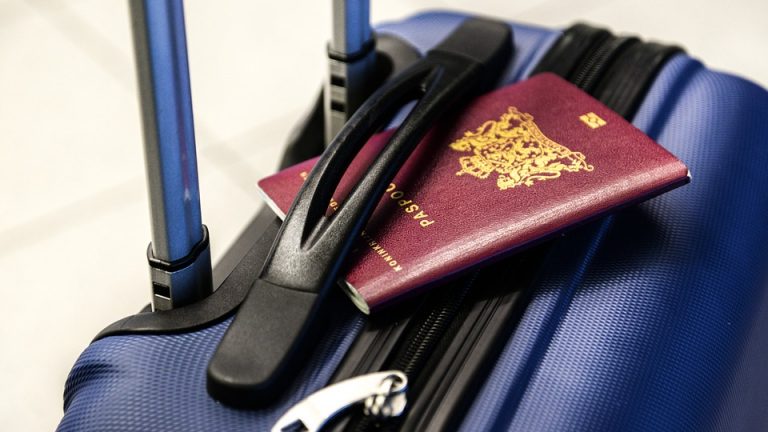With the end of term fast approaching, some of you will be leaving Warwick for the vacation. Not sure how you’re going to manage without the Library? Whether you‘re researching for an assignment or just need a quiet space to study, there are plenty of alternatives you can try while you’re away…
See how the other half live
If you live near to another University, then the SCONUL Access scheme may be for you. SCONUL Access allows students and staff from Universities and Colleges which are signed up to the scheme to use physical resources at other member libraries. Whether you will be able to borrow books depends on what kind of course you are taking (most full-time undergraduate students will be eligible for reference use only), but once your application has been accepted, you can join as many libraries as you like, which can be particularly handy if you live in a large city with two or more universities! It’s worth remembering, however, that not all institituions are part of the scheme—for example Oxford and Cambridge have their own membership arrangements—and some libraries will only accept applications from research students, so always check the eligibility criteria before you set out!
How to join:
- You can apply for membership of the scheme through the SCONUL Access website. Providing you are in what the scheme calls ‘good standing’ (time to renew any overdue books and pay those fines!), you’ll receive an email confirming that your application has been approved and which ‘band’ you fit into (Bands A-C offer borrowing rights, Band R is reference only)
- When visiting your chosen library, make sure you take your Warwick University Card and a copy of your confirmation email with you
- It’s also worth checking on their website whether they need anything else from you (e.g. photos, proof of address) as not all libraries’ requirements are the same
Love your local library
OK, so you wouldn’t expect your local library to have all the specialist books you need, but that doesn’t necessarily mean it has nothing to offer. At the most basic level, it can provide you with a quiet place to sit; I spent a lot of time travelling backwards and forwards to Norfolk during my undergrad degree and whiled away many a productive hour in Diss Library (which for some mysterious reason also had a pretty good art history section – bonus!). They can also be great for things like local studies and larger libraries may also be home to important regional or even national collections – check out the Library of Birmingham website for a flavour of what you might find!
How to join:
- Joining conditions vary from area to area, so check your local council’s website to see whether they have any particular residency criteria and what you need to take with you (most libraries will ask for at least one proof of name and/or address)
- If the library you want to visit is outside your local area, you may not be able to join and/or borrow, but they may still allow access for reference use. Do ring or email to check before setting off though
Nose out a national treasure
If you’re working on a longer piece of research, such as a long essay, dissertation or thesis, you may find that the Library here at Warwick doesn’t quite have everything you need. The Article Reach and Document Supply services can certainly help with this, but particularly if you live in or near London, the British Library – with a collection of more than 150 million items – might be worth a visit! Don’t forget, that Wales and Scotland also have their own National Libraries and the Leabharlann Náisiúnta na hÉireann (National Library of Ireland) holds material on Northern Ireland, as well as Éire.
How to join:
- There are very few restrictions on who can apply to join the national libraries, but you may need to show that the material you want to consult is unavailable elsewhere before your registration can be processed
- You also need to bear in mind that these are reference only libraries, which means you won’t be able to borrow, and, in a lot of cases, you will need to reserve materials in advance of your visit. Check the individual libraries’ websites for more information
Source something more specialised
If your subject is especially ‘niche’ you may find that the only way to access the material you need is to consult a specialist collection. Many special collections are hosted by other University or public libraries – for example the Women’s Library, now housed at the London School of Economics, or the Railway Studies Library at Newton Abbot – but there are also specialist libraries entirely dedicated to a single subject area. Examples include the BFI Reuben Library (film and television), the Wellcome Library (the history of medicine) and the British Antarctic Survey Library (for all your penguin-related needs!).
How to join:
- Libraries and special collections hosted by other University libraries should be covered by the SCONUL Access scheme, but it’s best to check whether there are any specific restrictions (for example, reduced opening hours or reference use only)
- Understandably, some specialist libraries are quite restrictive as to who they allow to access their collections and when, so the earlier you are able to start planning your visit the better
- When making special arrangements for access, make sure you keep a note of who you spoke to and what was agreed in case there is any query when you arrive
